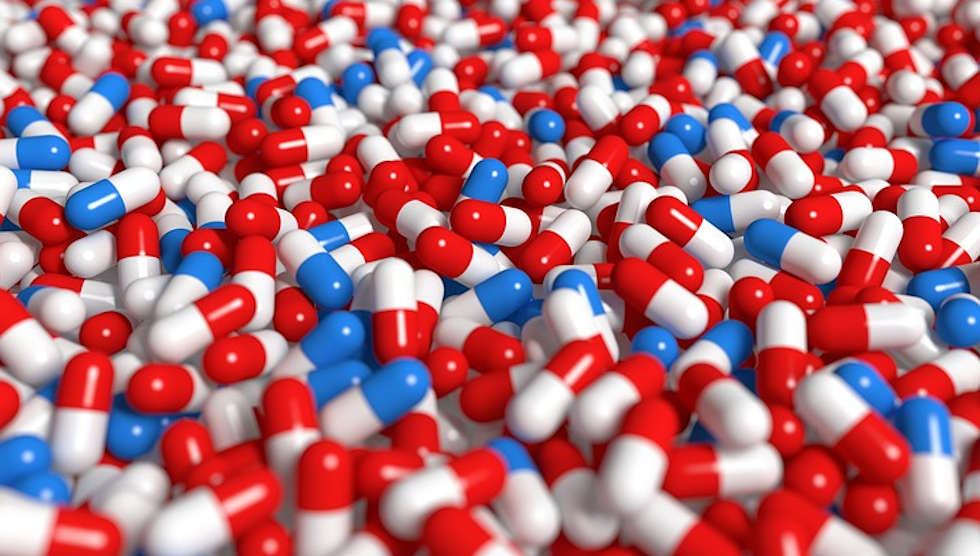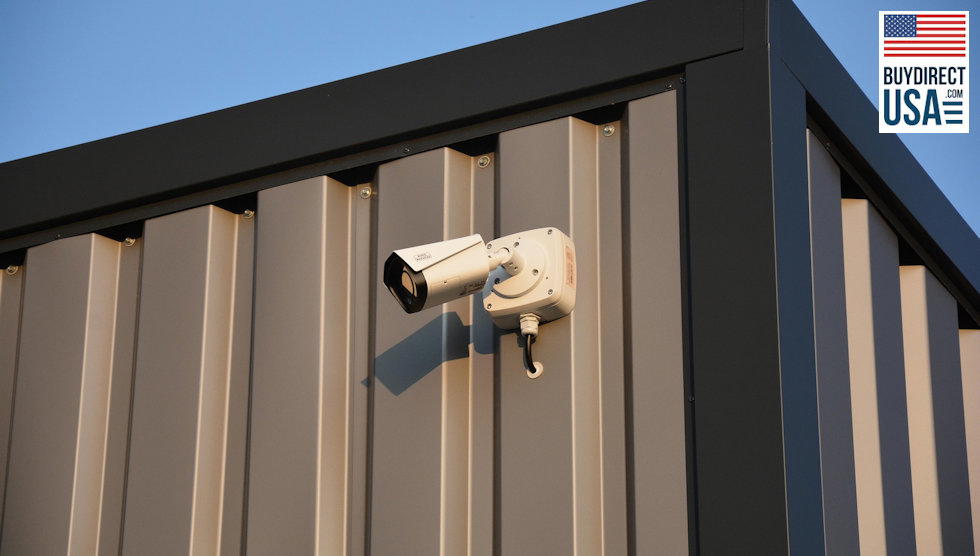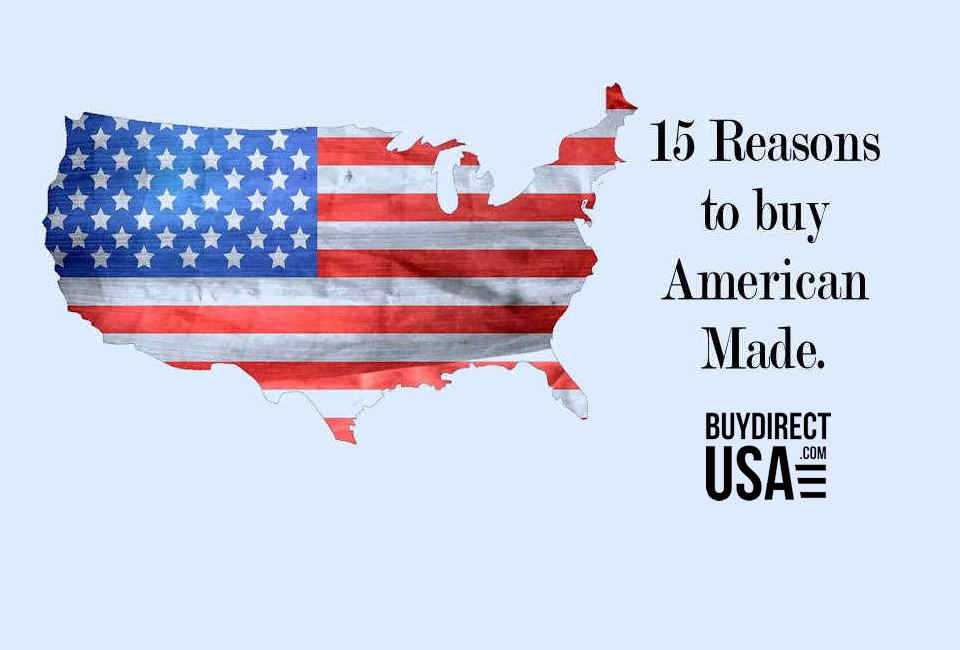May 19, 2020
The U.S. Department of Health and Human Services will work with a team of private industry partners led by Phlow Corporation of Richmond, Virginia, to expand pharmaceutical manufacturing in the United States for use in producing medicines needed during the COVID-19 response and future public health emergencies.
The Phlow-led team will provide immediate, U.S.-based capacity to produce the active pharmaceutical ingredients (APIs) and the chemical compounds for those ingredients to make critical medicines to help alleviate or prevent drug shortages, particularly during the COVID-19 pandemic.
“The COVID-19 pandemic has reminded us how health threats or other sources of instability can threaten America’s medical supply chains, potentially endangering Americans’ health,” said HHS Secretary Alex Azar. “America has the capabilities, resources, and expertise to secure our medical supply chains; now the Trump Administration is providing the leadership to make it happen. Working with the private sector, HHS is taking a significant step to rebuild our domestic ability to protect ourselves from health threats by utilizing American-made ingredients and creating new American jobs in the process.”
The drug ingredients will be manufactured at facilities in the United States, including a new facility to be built in Virginia.
The U.S. government and Phlow are developing a prioritized list of APIs and finished medicines critically needed by healthcare systems for the COVID-19 response.
To lower production costs, reduce waste and improve yields of these ingredients, the team will use advanced manufacturing processes, including continuous manufacturing. The team will also complete a technology transfer of novel continuous manufacturing process to organizations or businesses designated by the U.S. government.
Currently, a majority of APIs or their precursor chemical ingredients for critical medicines are manufactured outside the United States. They are typically manufactured using slower, less efficient processes. Shipping the ingredients or finished drugs to the U.S. also adds time that is not available during pandemics or other public health emergencies. The U.S. national medical supply also is placed at risk during a global health emergency when individual countries can close borders and potentially eliminate access to these critical materials.
In addition to producing the active pharmaceutical ingredients, the team will expand advanced manufacturing capability in the U.S. to provide further capacity for producing finished generic drugs. The pandemic has created a surge in the number of hospitalized patients which may create a shortage of supplies of critical medicines. The team will be able to rapidly provide U.S. health care systems with finished, sterile, injectable generic medicines at risk of shortage.
Under the four-year, $354 million agreement with the Biomedical Advanced Research and Development Authority (BARDA), part of the Office of the Assistant Secretary for Preparedness and Response at HHS, the Phlow-led team will manufacture the supplies for medicines for patients hospitalized with COVID-19. The contract can be extended for up to a total of $812 million over a total of 10 years to maintain the system and supplies.
“BARDA is committed to working with partners from the private sector and across the U.S. government to improve our nation’s health security,” said BARDA Acting Director Gary Disbrow, Ph.D. “Utilizing advanced manufacturing processes increases the speed we can provide patients with treatments, reduces the likelihood of drug shortages, and increases U.S. readiness. Today we have taken an important step to strengthen our domestic drug production capability and respond to the increased need for medicines to treat COVID-19 patients during the current pandemic.”
Phlow pursues their mission of securing the national supply of essential medicines through partnerships with pharmaceutical supply and manufacturing organizations including AMPAC Fine Chemicals, Civica Rx, and the Medicines for All Institute at the Virginia Commonwealth University’s College of Engineering.
AMPAC is a custom API manufacturer with three large, domestic facilities for high-throughput, cGMP-grade (commercial Good Manufacturing Practices) production.
Civica Rx (Civica, Inc.), a non-profit generic drug company, was established by hospital systems and philanthropies to alleviate drug shortages. Civica Rx currently provides 20 sterile injectable medications to over 1,200 hospitals that, according to the company, make up 30 percent of all licensed U.S. hospital beds. Working with manufacturing partners, Civica maintains an inventory reserve for many of their drugs that are used to treat COVID-19, such as vancomycin, ketamine, lidocaine, fentanyl, and morphine.
The Medicines for All Institute at Virginia Commonwealth University’s College of Engineering is a non-profit organization dedicated to advancing drug manufacturing processes. They develop and employ new chemical process technologies and manufacturing platforms by lowering cost, reducing waste, and improving yields.
About HHS, ASPR, and BARDA
HHS works to enhance and protect the health and well-being of all Americans, providing for effective health and human services and fostering advances in medicine, public health, and social services. The mission of ASPR is to save lives and protect Americans from 21st century health security threats. Within ASPR, BARDA invests in the innovation, advanced research and development, acquisition, and manufacturing of medical countermeasures – vaccines, drugs, therapeutics, diagnostic tools, and non-pharmaceutical products needed to combat health security threats. To date, 54 BARDA-supported products have achieved regulatory approval, licensure or clearance.







